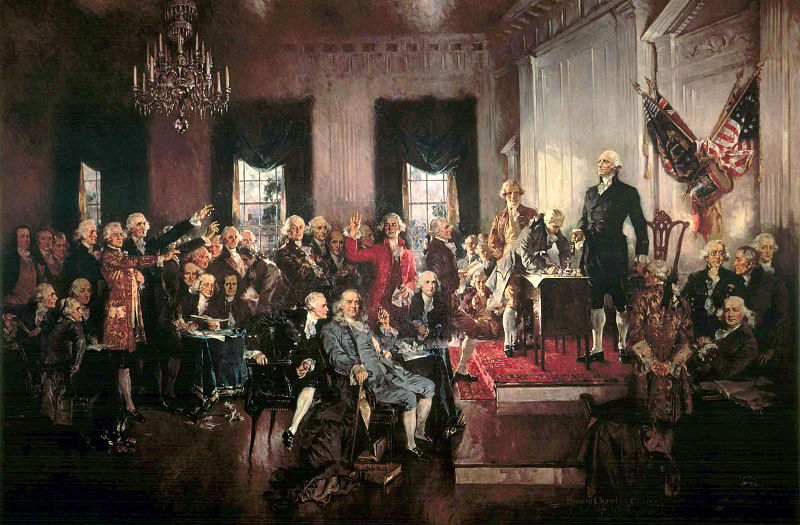
Common Cause Board Member Discusses State of Democracy in America and Power of Money in Politics | Democracy, elections and voting at Democracy Chronicles
Recently, on Common Cause’s regularly updated ‘Common Blog’ there was a very interesting piece about the level of corruption in the government. I have pasted an excerpt below. Common Cause is one of the most visible organizations working on election reform. Their website can be found here.
Common Cause board member and former FCC Commissioner Michael Copps was a featured speaker yesterday at the F2C: Freedom to Connect Conference. The conference brings together Internet innovators, regulators, and advocates of Internet freedom. Copps discussed his perspective as a former FCC insider and shared his ideas on the state of media and democracy. Here’s are some excerpts from his speech titled, “Power of Money in Politics: A principal obligation of sound government is to retain some balance so that the system is serving the needs of the nation.”.
Right now the balance isn’t there. It’s been upended, first, by the undisciplined power of money in our politics and, secondly, by the inability of the public sector to exercise anything approaching adequate legislative or regulatory oversight. The influence of money has always been a problem for our politics and so it will always be. But as someone still fascinated by the study of history, I cannot think of another era in the annals of our past, including the notorious Gilded Age of the late Nineteenth century, where such huge and usually undisclosed piles of money have so eviscerated our public dialogue and stopped needed reforms in their tracks.
Public disclosure would help, but only real limitations on the money itself can ever solve this problem. I’m not talking about couriers delivering envelopes of cash to the powers-that-be—although sometimes it comes pretty close to that—but I am talking about a political climate in Washington and the statehouses where money wields outrageously excessive power, and where access, if not consciously denied, is the end result of a system where money has the inside track. And I am talking about a business climate so dramatically changed from what it used to be that stock-holders trump stake-holders too much of the time. Workers and local communities have a right to expect more, but the reality is they have lost standing and clout in this unforgiving multi-national corporate age. When investments are decided on the basis of how the next quarterly report plays on Wall Street rather than how they will benefit the company’s totality of stakeholders, we ask for trouble. And, very often, trouble is what we get.
Leave a Reply